At first sight, it looks like any other boutique gym. Neat and nondescript, FXM gym sits on a back block between the city and the port. Melbourne’s freeways loop above and around it.
But when you step inside, something extraordinary is underway for a small group of women, who are powered by a pen, punching bags, and their own determination.
They are participants in the “Left Write Hook” programme. Every week, women who’ve survived physical and sexual abuse meet here to write, share their experiences – and box.
The unique programme was founded by survivor Donna Lyon, who calls it “a creative and physical approach to dealing with trauma”. For the dozens of survivors who have been through the programme, it is something much more profound.
“I can’t explain what happened to me. But it was absolutely life-changing,” says 55-year-old Kellie, who experienced decades of domestic violence at the hands of her late husband.
I can’t explain what happened to me. But it was absolutely life-changing.
Today, Kellie is attending a session under the watchful eye of trainers Sarah and Theresa. When she smiles, a diamond sparkles from one of her front teeth, a new setting for a stone repurposed from her engagement ring.
The workshop begins with the women seated at metal tables, writing out their responses to a writing prompt for three minutes. Then there’s a short discussion with each sharing what they’ve written with one another.
Then it’s time to box.
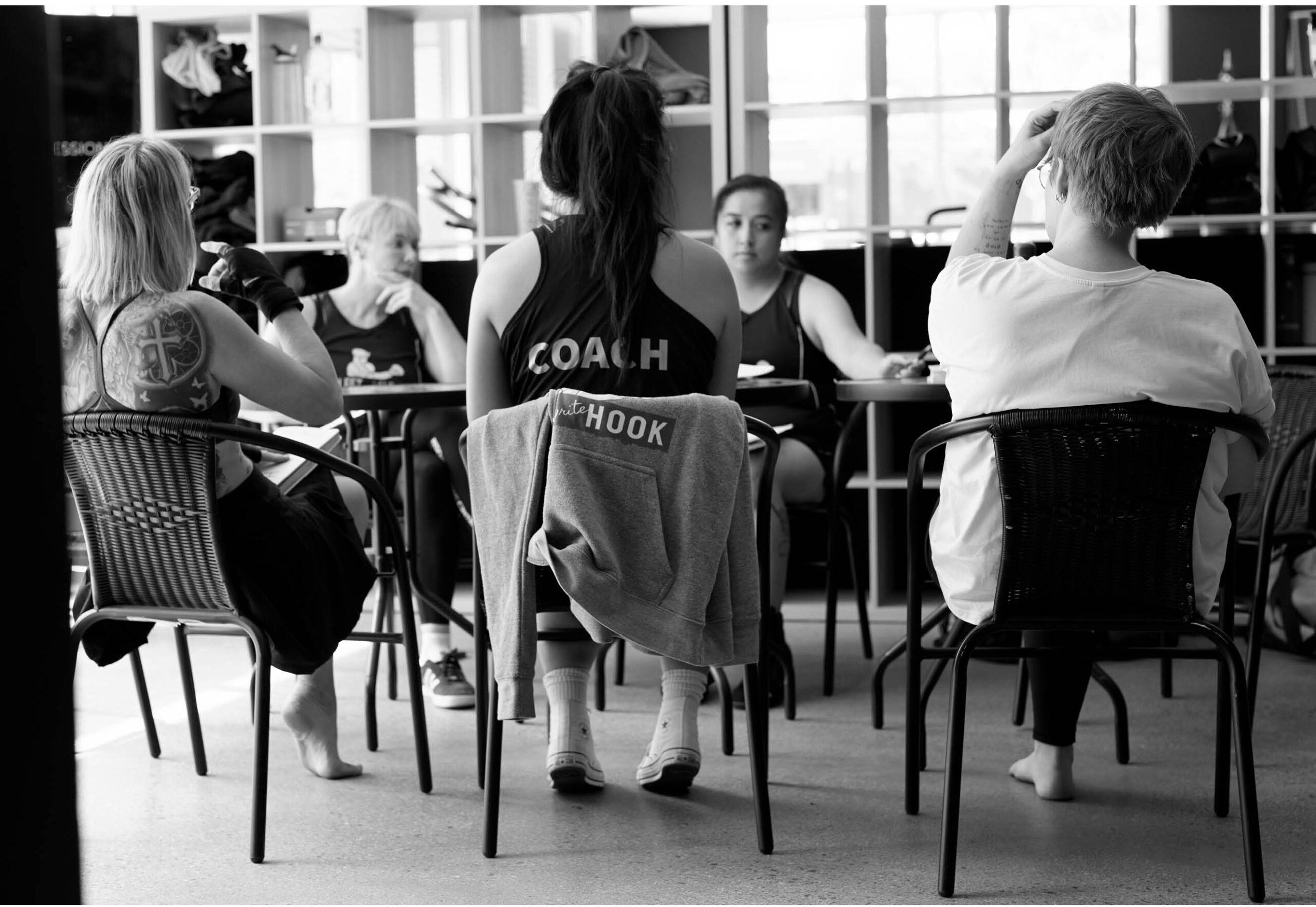
They partner with one another, and sometimes with a trainer, wearing boxing pads and guiding their jabs. There are group drills, games, and, on the sidelines, conversation. Laughter. Swearing. Most importantly, a sense of solidarity.
“I took my power back”
For Kellie, the programme has been life changing. Her story is one of unrelenting intergenerational trauma. “I grew up in a zoo,” she says casually, looking me straight in the eye. “With alcoholism, domestic violence and drug abuse.“
Kellie had her first black eye at 13 and, at 19, married a career criminal at Pentridge. She endured decades of abuse, which culminated in him trying to kill her. (He died in prison in 2016.)
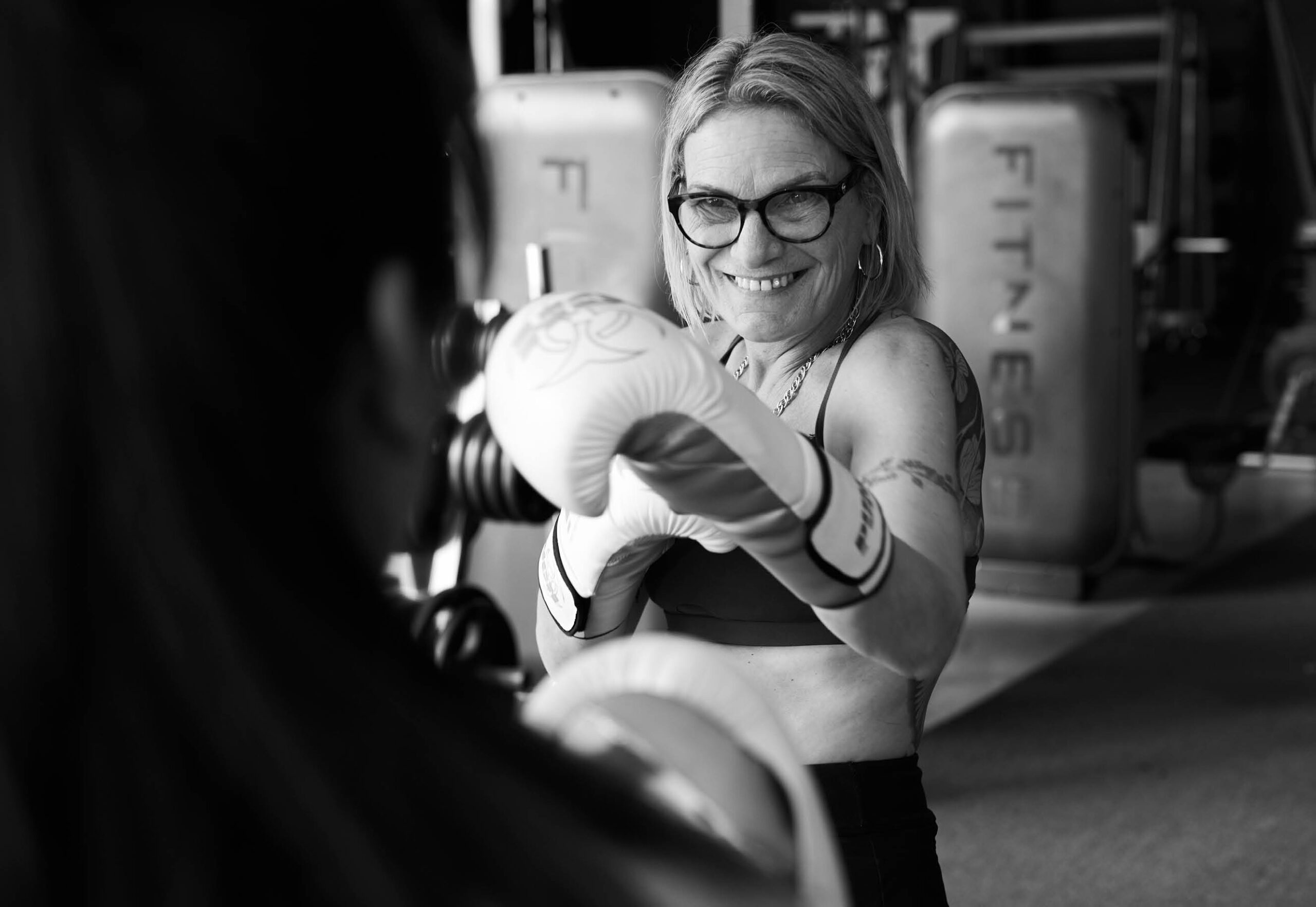
She’s lost three sisters to heroin. “I lost my first child as a baby. And my mum, not long ago.”
On her back, a tattoo pays tribute to family, and loss. But these days, her gaze is fixed on the future.
Taking a breather as her classmates spar and drill, she recalls a transformative moment during her second class with Left Write Hook.
The prompt that day had been to write about a time you fought back. Afterwards, they threw punches into bags, lying on the floor beneath them.
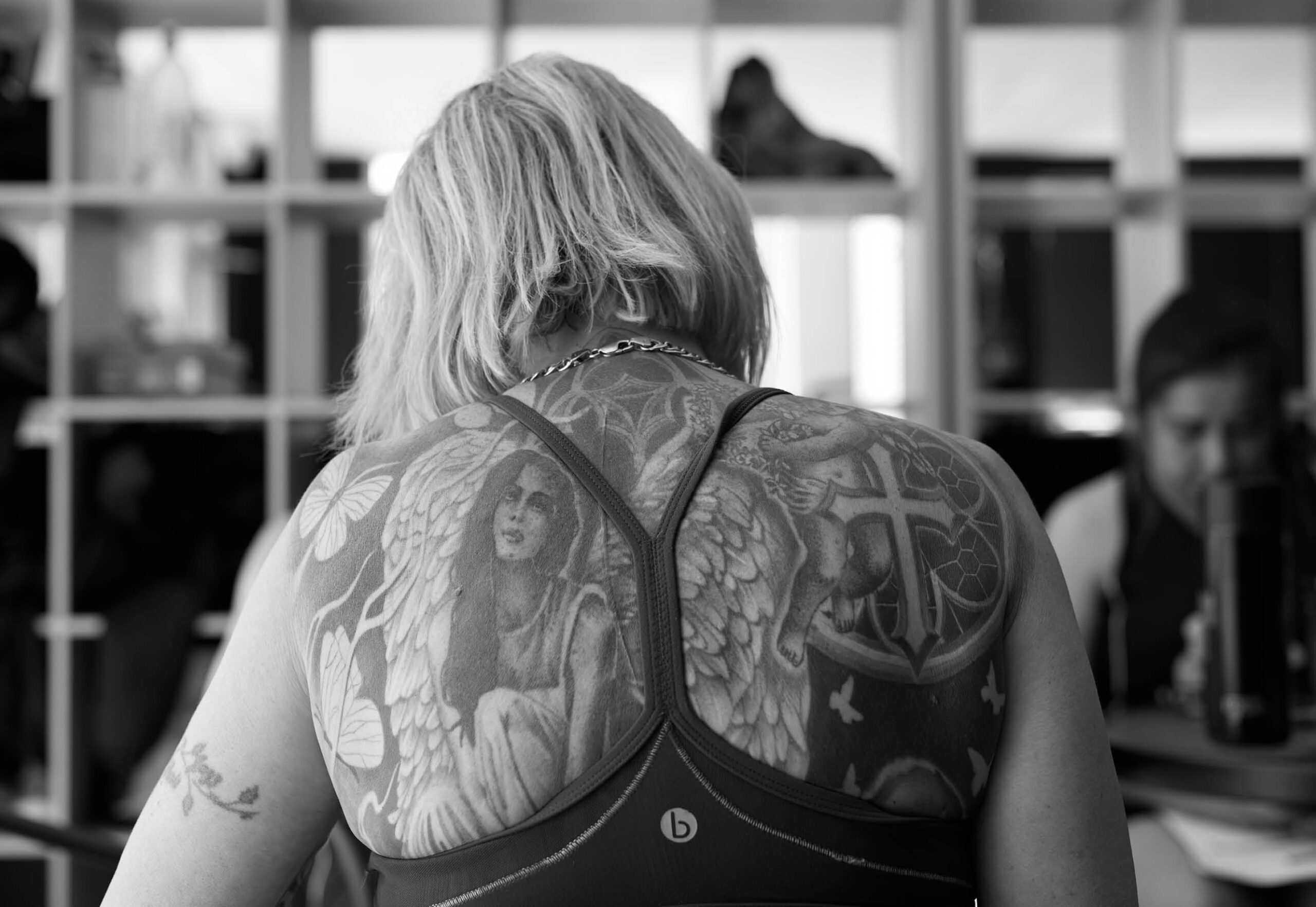
“We punched the bags for six minutes: 30 seconds on and 10 seconds off. And when we finished, I just felt something change. I just sat there and sobbed and sobbed. It was almost like tears of freedom, rather than tears of trauma.
“I think looking down on something, and punching it, was taking my power back, because I’ve been under those punches for 23 years of my life.”
“We’ve taken the violence out of boxing”
Lyon founded Left Write Hook in 2019. A survivor of what she describes as “organised extreme abuse”, Lyon discovered boxing her mid thirties, and instantly recognised its therapeutic potential. “I felt drawn to it. I wanted to hit back, to get hit and hit someone.”
For women who have survived years of abuse, boxing offers to restore something many have lost: a sense of power and agency. “It’s a different angle to being a victim or survivor. They’re fighting. They’re thriving. We’ve taken the violence out of boxing. This is about empowerment.”
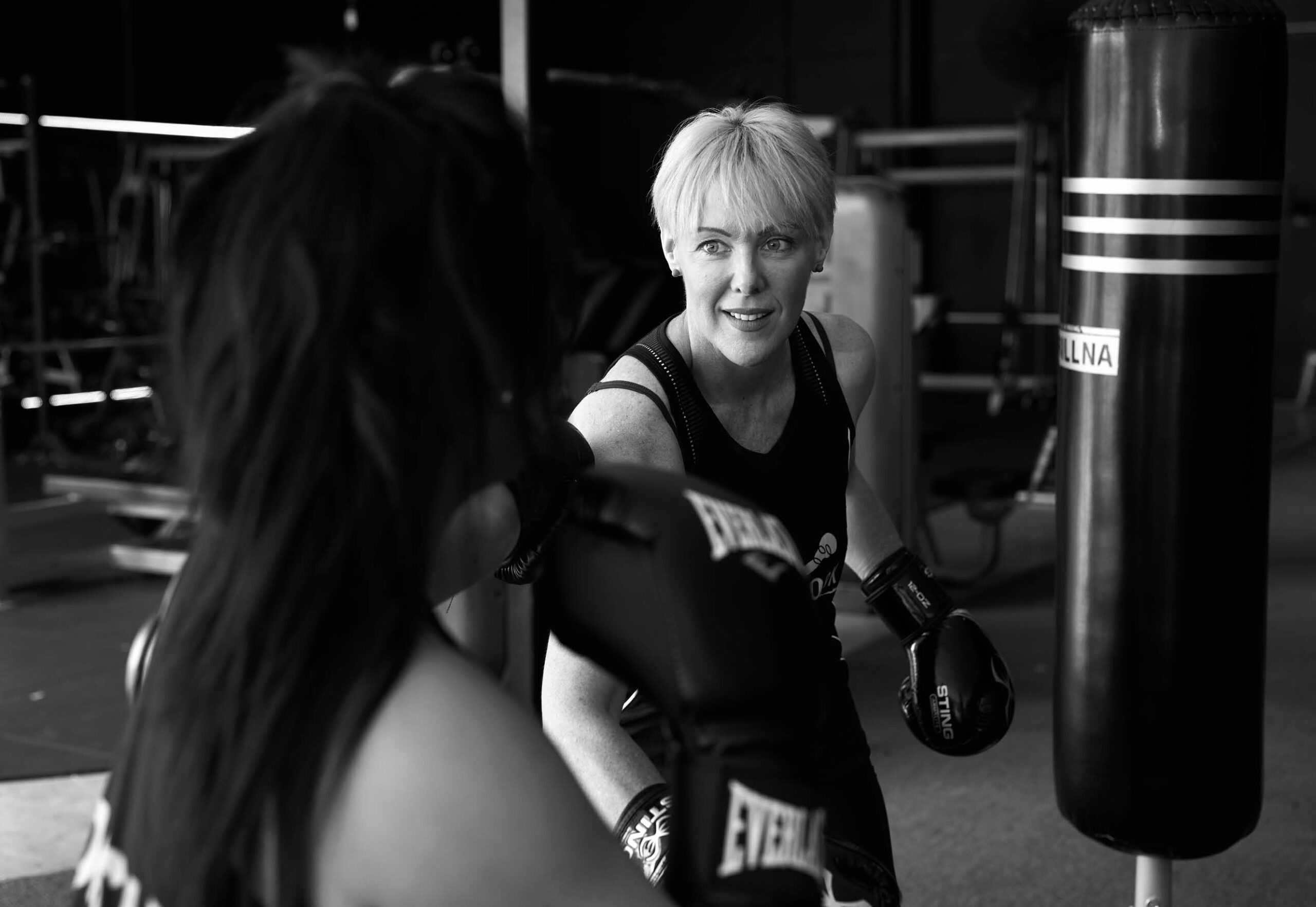
Just as important as the boxing component, says Lyon, who is a film producer, is Left Write Hook’s focus on creativity and storytelling, which counteracts the isolation and silencing caused by trauma.
“The process, starting with the writing prompts, is to locate, express and begin to see yourself within a wider context. To think, I’m not alone.”
A 2020 peer-reviewed article, published in the International Journal of Wellbeing concluded the eight-week programme does assist survivors in their recovery.
It found there was a significant reduction in PTSD symptoms, an improvement in overall wellbeing, and reduced levels of depression, anxiety and stress.
Group participation reduced feelings of isolation, stigma and shame. And the combination of creative physical and cognitive activity provided, it said, “a new avenue for understanding the potential pathways of recovery.”
“It’s so completely different to anything I’ve ever done”
For Chance, the program has been cathartic. A knockout fighter – there’s no ambiguity when they step up to punch – Chance is in their early thirties. They were referred to Left Write Hook by their counsellor at a Centre for Sexual Assault (CASA).
Chance was sexually abused by a teacher throughout their teenage years, and then later assaulted by a stranger in their twenties.
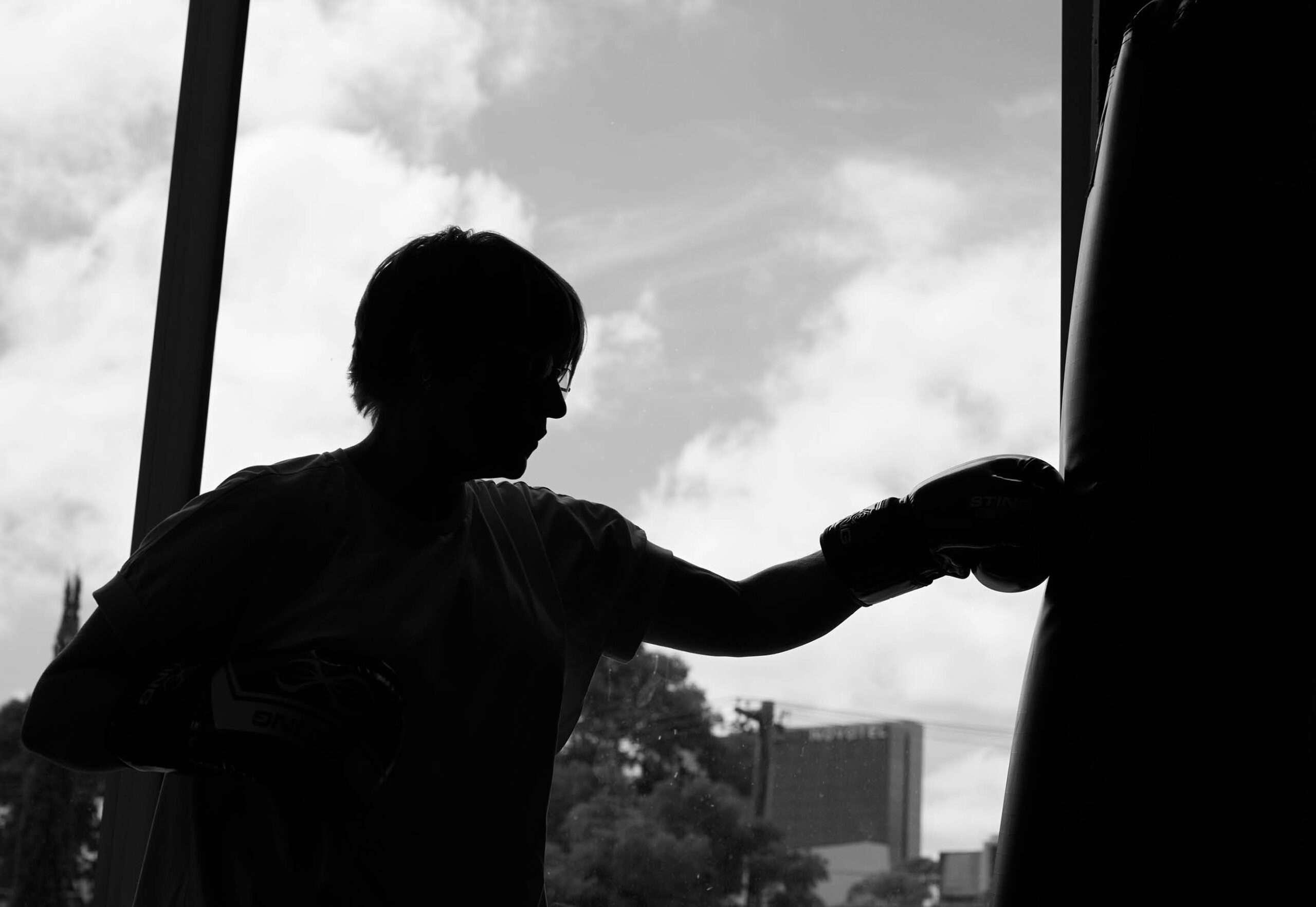
“Boxing was never part of my life,” they say. “It’s so completely different from anything I’ve ever done. So, even though when we’re here, we’re connecting over our trauma and experiences, when I’m boxing, I do not think about him, like I don’t (fucking) care. He’s not even in my head. And it’s just like, so free.”
The writing part of the practice comes more naturally to them, but “what’s really cool is how they mesh together. With writing, you bring everything up, and then boxing, you get it out. You’re discharging the cortisol and adrenaline from your system that you get from re-living and talking about these traumatic things. So, it makes total sense.”
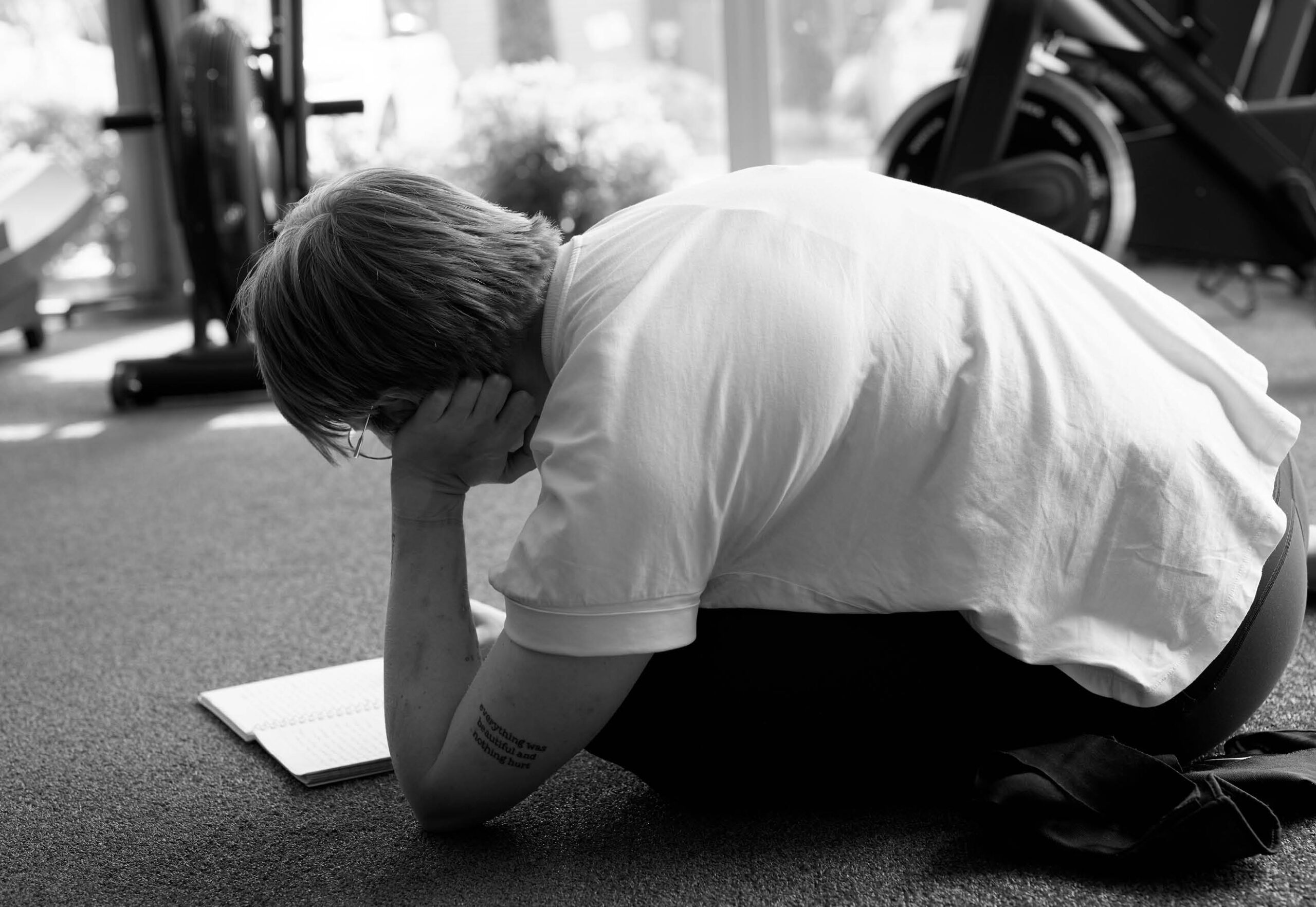
Chance starts to smile when they talk about sharing this experience with fellow classmates. “It’s spontaneous. We play games, like shoulder taps, where you have to move around and try to hit each other lightly on the shoulders. And if you are caught out, you have to do a push up, or something. We end up laughing, heaps. And it’s so beautiful. You’re in this space, with these people, where it’s safe to be happy and be joyful.”
They recently discovered their grandfather was once a boxer. “How cool is that? Maybe it was meant to be.
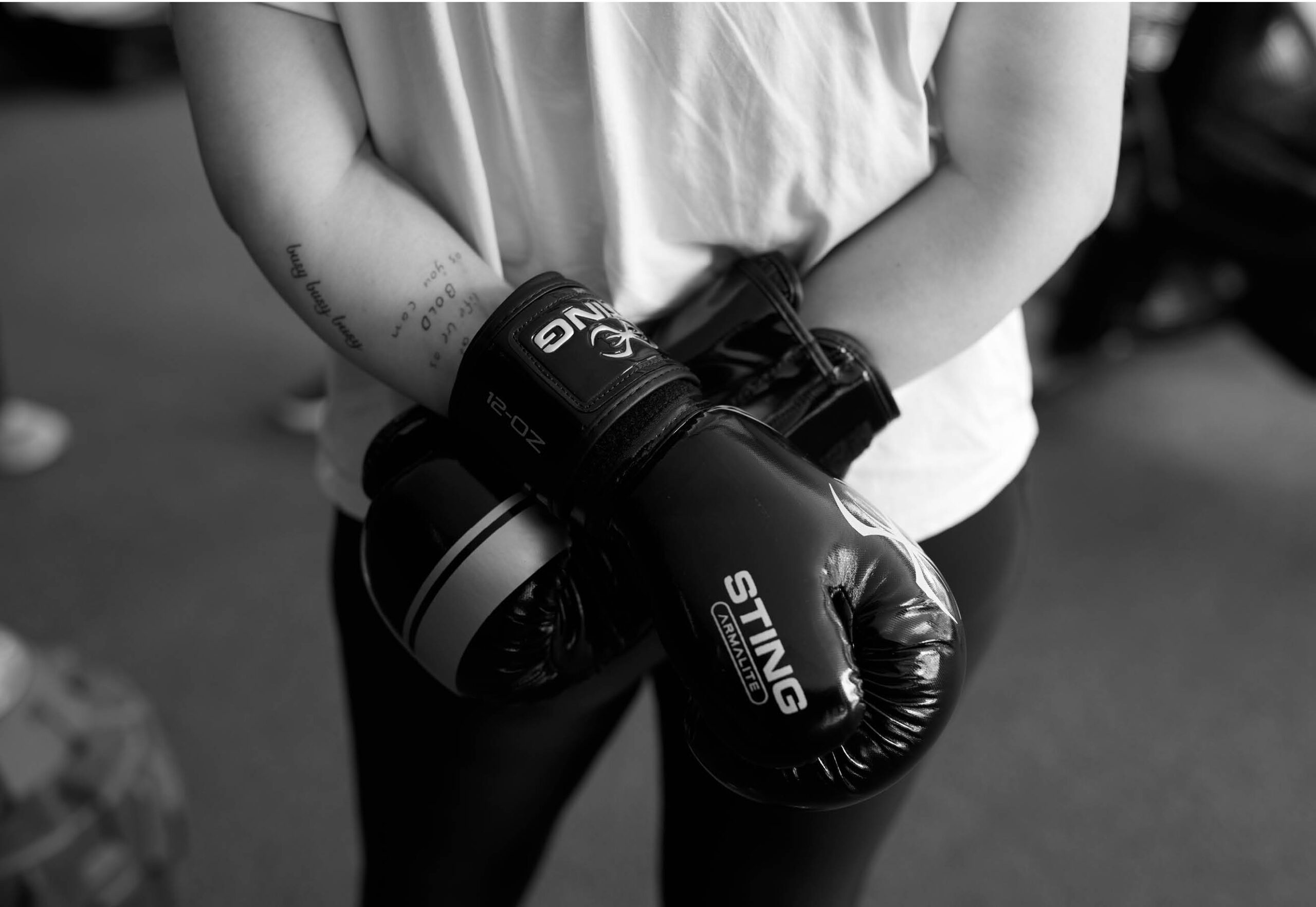
It was clearly meant to be for Sarah. “I remember googling trauma-informed movement, Melbourne, and one of the few things that popped up was Left Write Hook.”
A survivor of abuse, Sarah initially tried counselling, but didn’t find it very helpful at the time. Since she loved sport, she began strength training, and found the connection between mind and muscle ‘healing.’
Last year, she was part of the first cohort for Left Write Hook, and she’s now a facilitator. As we talk, there’s laughter in the gym, as the others get photos taken, and run through drills.
Sarah says that women will often tell her they can’t remember the last time they laughed. “For some of them, they have to pretend, and show a polite smile to the world. People might say to them, why are you so sad? You’ve just got to smile a little more.” She tells me about the time they brought in bubble guns, to shoot out bubbles that the boxers had to jab, and punch. “It was just really fun.”
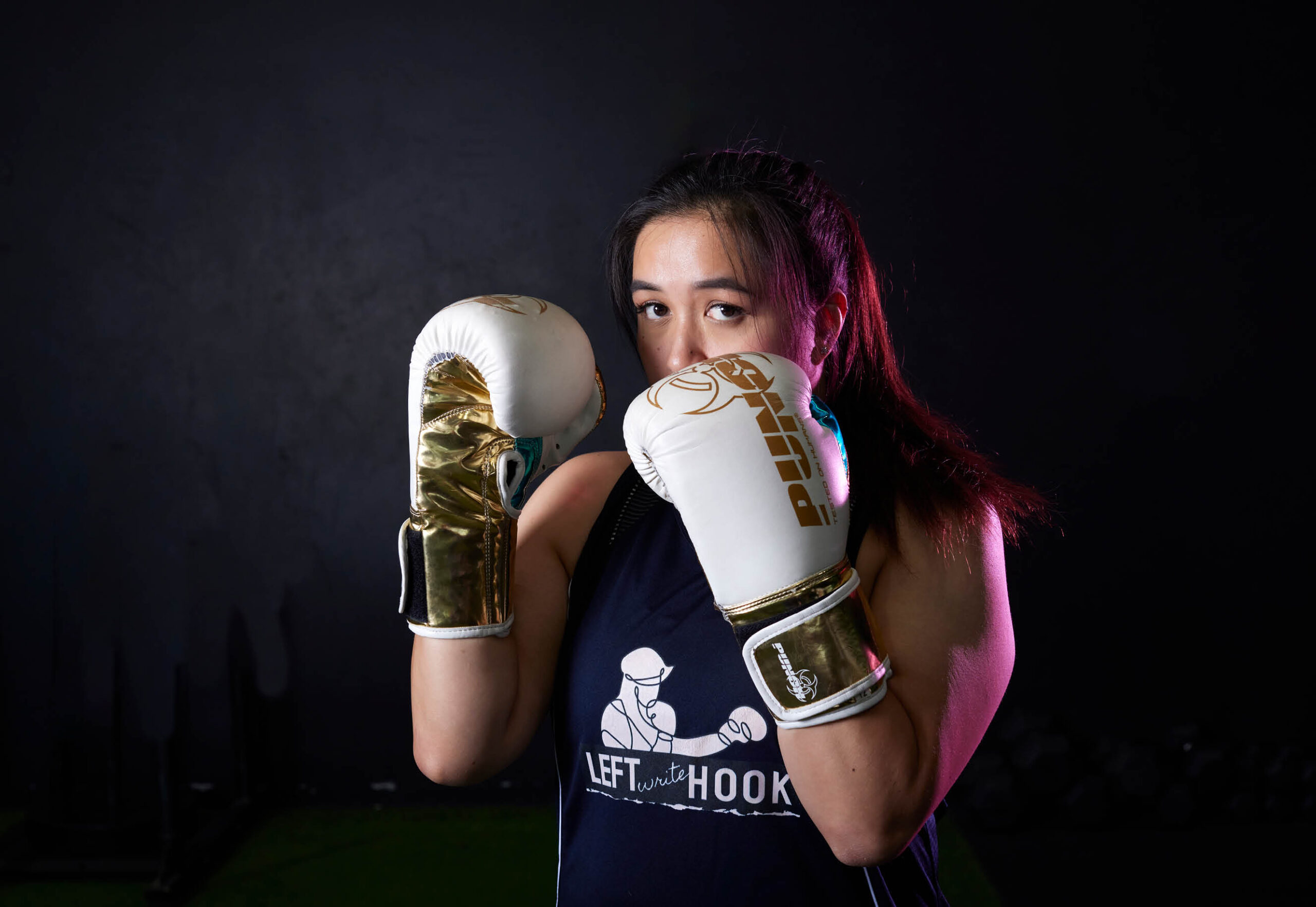
Teresa* has also done the course as a participant but has now returned as a facilitator.
She says she’s moved by the changes she sees in participants as they go through the programme.
“We have some who when they first walk in can’t make eye contact. They’re quite anxious. They’re private. They’re nervous. But then I watch them change, and grow connections with each other, and with us.
“They find themselves in a space where they don’t have to put up all the facades they normally do out in the community. They can process things, and let themselves feel all the trauma that has been building up in their body. You see the change in them. Just seeing them interact and become pillars of support to each other is really meaningful.”
Left Write Hook has released out a book of participants’ writing, and a documentary film will screen at Melbourne’s International Film Festival in August. The programme now operates as a charity, and runs a ‘train the trainer’ programme, with the support of the University of Melbourne.
Are you or someone you know experiencing violence? Contact 1800 RESPECT for help.
Want more stories like this? Sign up to PRIMER’s weekly newsletter.






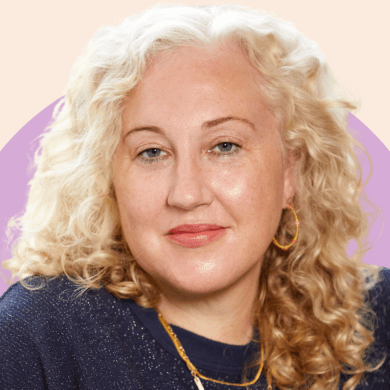
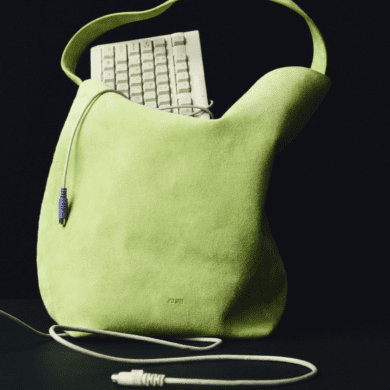


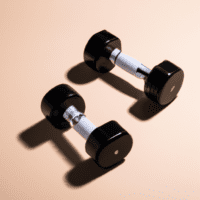
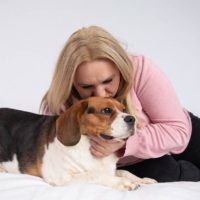
No Comments